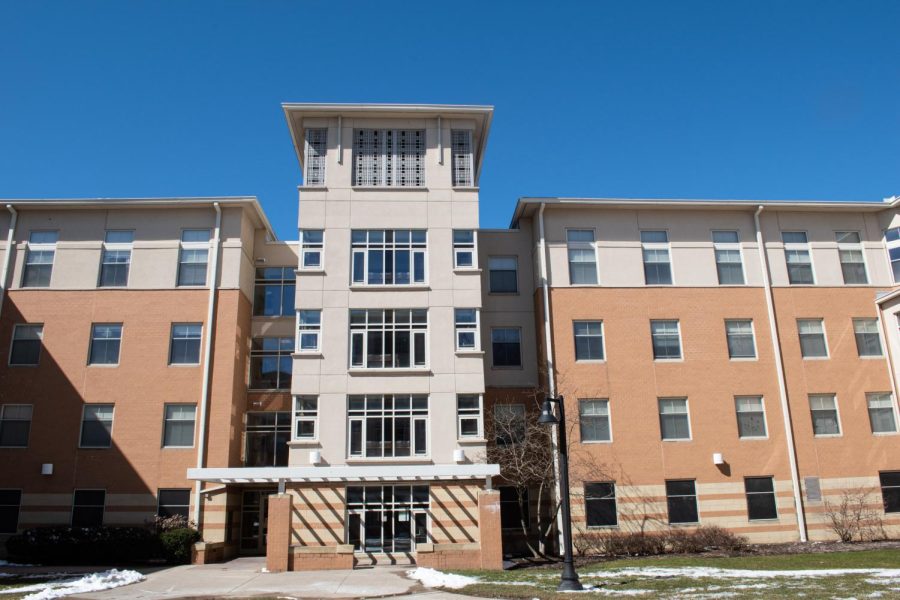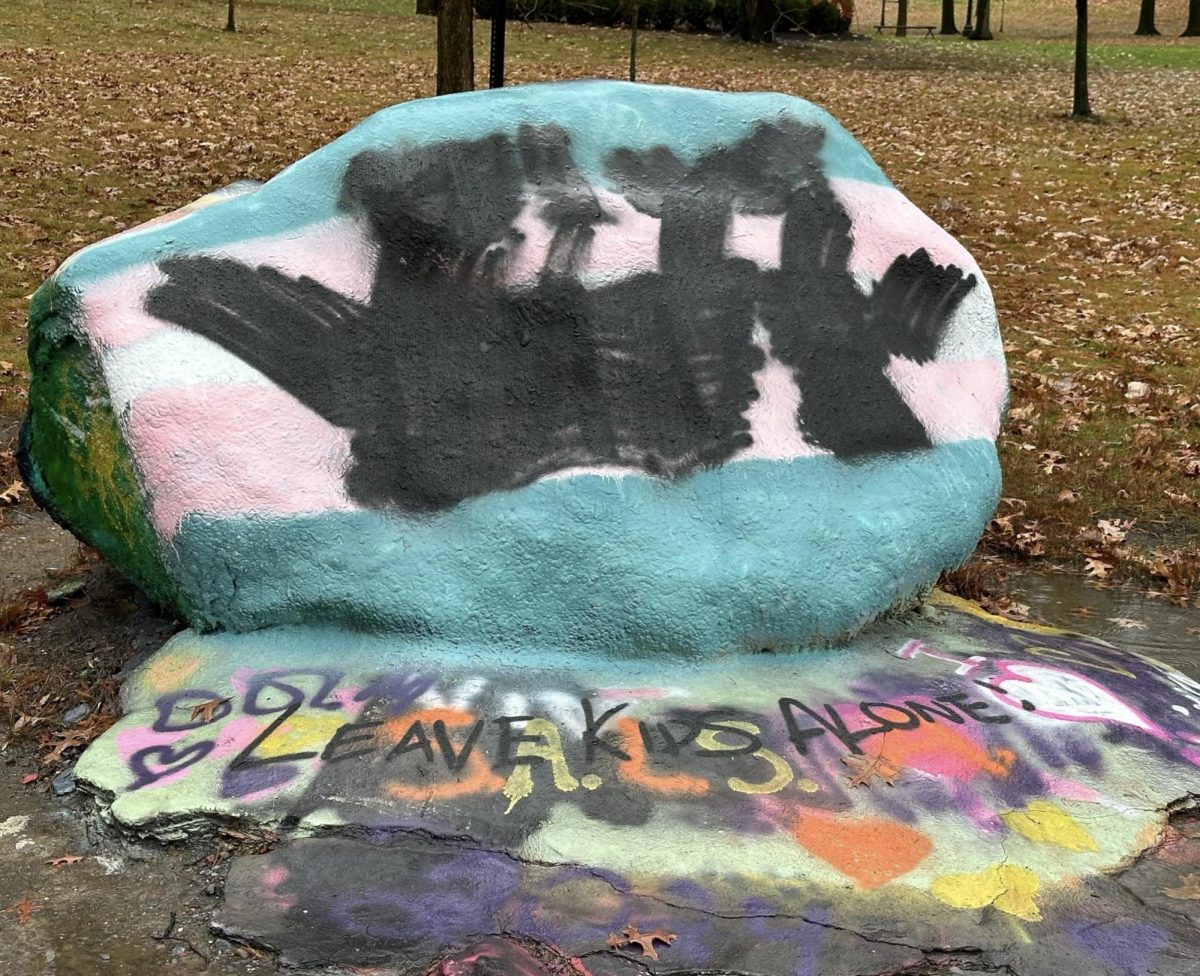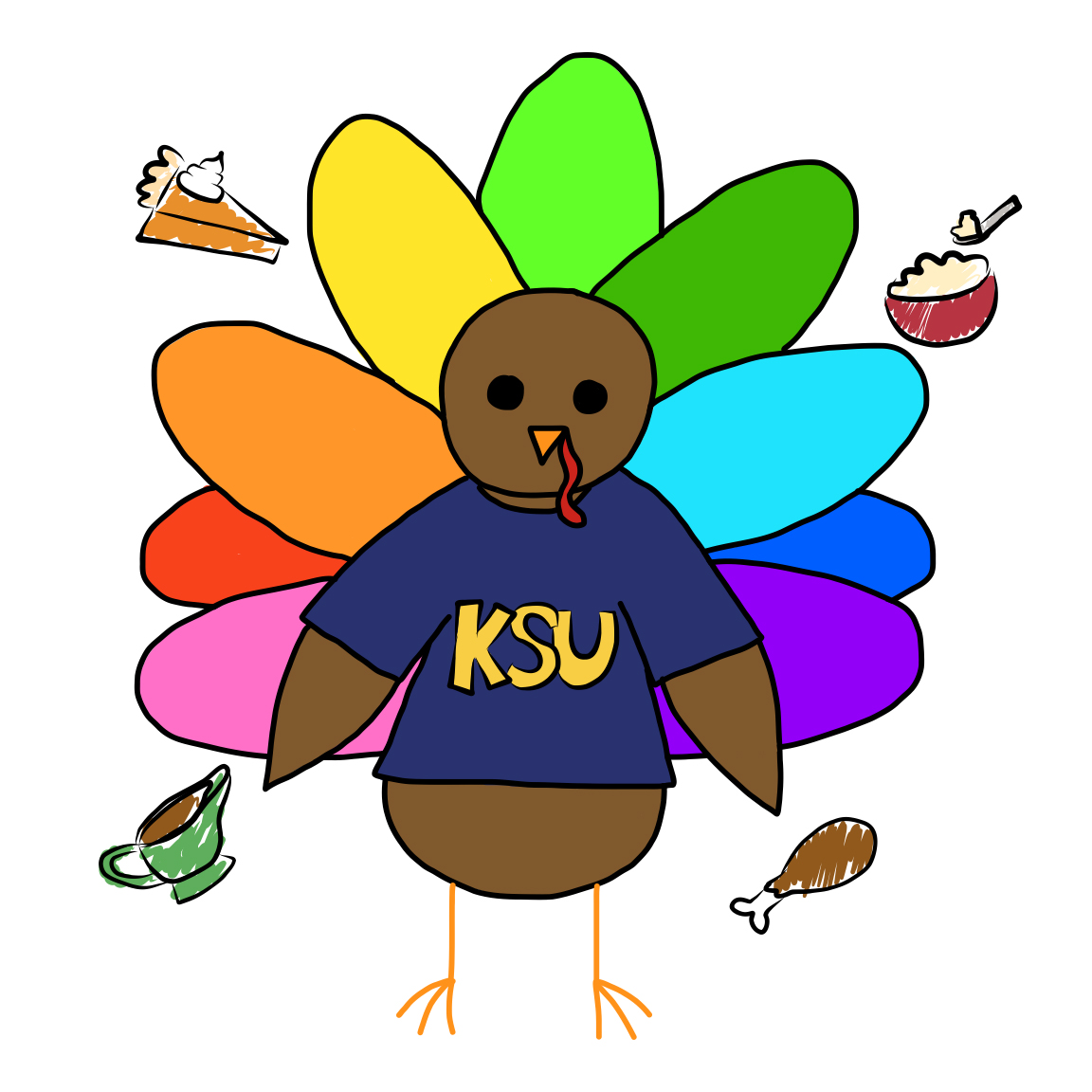The Office of Safety & Security, established in 1973, is celebrating 50 years of student leaders patroling residence halls and escorting students that ask for assistance.
The initiative helps students feel safer, said Nickole Watson, assistant director for the Office of Safety & Security.
Once known as The Security Aid Program, the police services and the student security aides worked together as a partnership. About 70 students worked as security aides Monday through Friday from 8 p.m. to 4 p.m. in 1998. They patrolled residence halls and academic buildings.
The students in the program now maintain the safety of other students on campus. They make their way around residence halls, trying to keep it peaceful and somewhat quiet and reasonable in the halls. The members make sure everyone feels safe and included, especially freshmen in their new environment and everyone else away from home, said Zach Mason, a senior safety assistant.
With about 40 students in the program now, the office is staffed by student leaders called safety assistants. Once called security aides, their name changed during the 2021-2022 school year because they are doing more with community care and mental health.
Watson said that security aides were implemented during a time people needed to feel safe after the shooting.
“Our staff’s goal is really to help people feel safe,” Watson said. “We really have latched onto the word safety because that’s the core of what we do.”
Mason joined the program as a freshman. SSAs mostly respond to more complex incidents, such as issues with alcohol, marijuana or assault, Mason said. When they aren’t dealing with those incidents, they are usually sitting in the office waiting to be called or making rounds around campus.
“I really care about people,” Mason said. “One of the biggest things that I really enjoy is being able to help people and make sure everybody feels included and welcome in whatever space we’re in.”
The program is working toward 24-hour service. A few years before Watson joined, a racial slur written on a rock caused The Black United Students to call for the office to move toward an all day and night model.
“We heard BUS, and we think it is important for people,” she said. “People want to feel safe at all times of the day. It’s not just the middle of the night. Some people may feel unsafe even during the middle of the day, so we do want to be here to support students at all times.”
Some students may feel nervous when they see the safety assistants or think the program is trying to get students in trouble.
“I personally believe that our office did use to have a slight intimidation factor, but recent years we have really tried to work on erasing that image and making a better, less intimidating image for our campus,” Mason said. “I believe and hope that most residents are comfortable coming to us for needs and questions now, though.”
Safety assistants receive 100 hours of training. They learn fire prevention, emergency procedures, conflict mediation and more. The students move in early for the fall semester to do 28 hours of training in a week. Next, they do residence hall training for seven nights. They also have 10 modules of online training and move in early in the winter to receive more training before the spring semester.
As the program shifts to more mental health and conflict focused, it is also adding a peer mediator program, which is expected to pilot in the spring and fully roll out in Fall 2025, Watson said. The new program plans to help mediate conflicts between students in a healthy way. For example, if an RA can’t get the students to talk to each other, they can refer them to the Office of Safety & Security, where the members will deal with the issue.
“I am very proud of the movement that our office is making,” Watson said. “I do think we’re moving in a really good direction. I think we are always trying to meet the students where they’re at.”
Josie Burkhart is a reporter. Contact her at [email protected].




